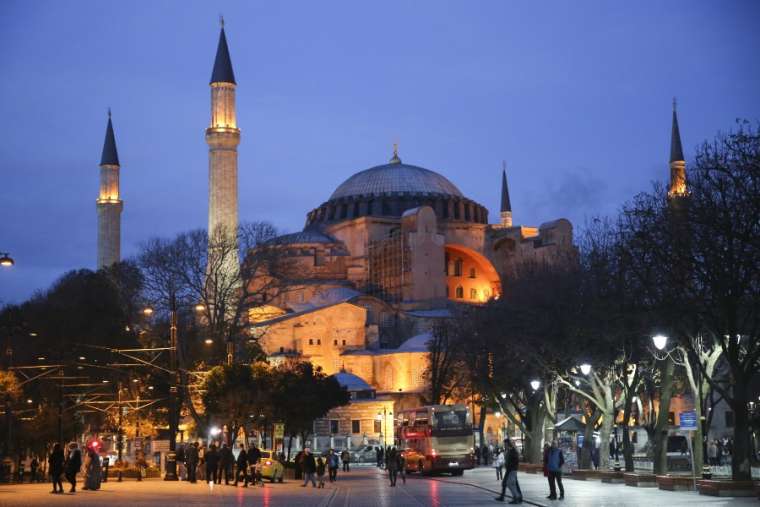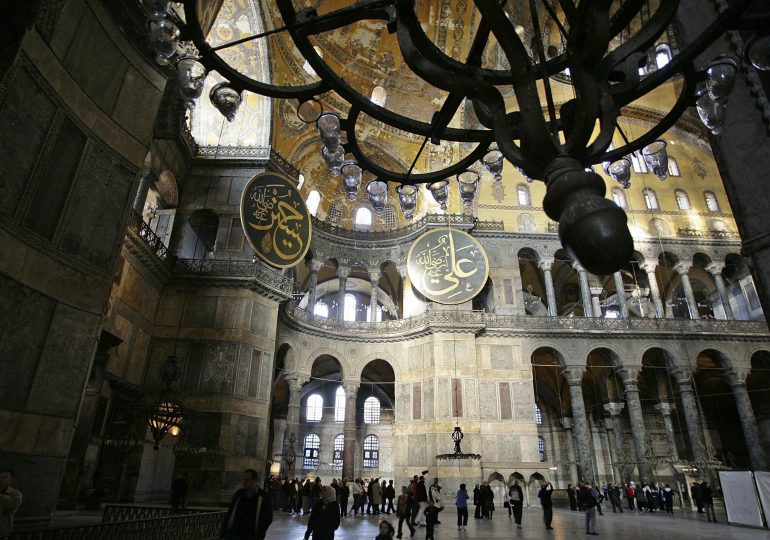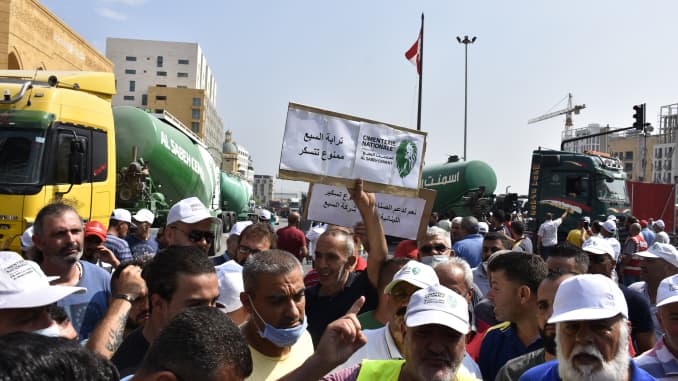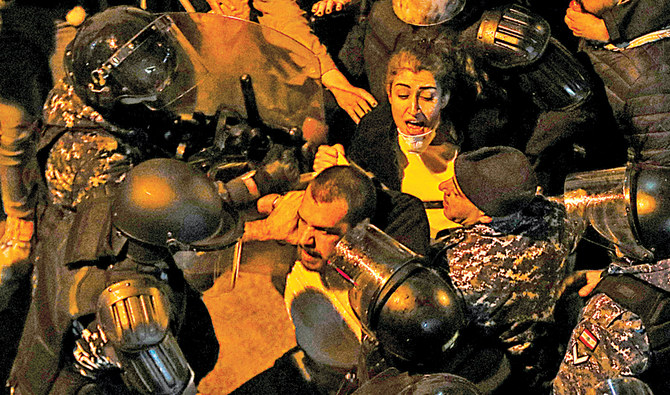
By Amberin Zaman — al-monitor.com — Criticizing Turkey’s famously thin skinned President Recep Tayyip Erdogan is a risky business. More than 100,000 people have been investigated and at least 30,000 others have been prosecuted for “insulting the president” since Erdogan rose to the presidency in 2014. The crime carries a penalty of at least four years in prison under Article 299 of Turkey’s penal code. Veteran Turkish comedians Mujdat Gezen and Metin Akpinar are among the most recent targets for airing disapproval over Erdogan’s autocratic behavior in a 2018 television appearance. Prosecutors sought up to four years and eight months in prison for the pair, who have entertained generations of Turks with their jibes at successive governments.
Now an ethnic Armenian Lebanese show host is to appear in court on Oct. 8 on similar charges, albeit in Lebanon, following pressure by Ankara on Lebanese authorities, in a further sign of how Turkey’s domestic fault lines are spilling beyond its borders and how Erdogan’s government is exploiting the divides to shore up support. Nishan Der-Haroutounian, the host of a popular live program on Lebanon’s Al Jadeed TV, will face charges of “insulting Turkey” before the Court of Publications Chamber in Beirut. Der-Haroutounian’s travails with Turkey began in June when a caller dialed into his show and made derogatory comments about the TV personality’s Armenian roots. The caller then went on to berate Der-Haroutounian for labeling Erdogan “an obnoxious Ottoman.” Der-Haroutounian retorted, “I am at complete liberty to call Erdogan and his regime obnoxious. A million and a half Armenians were killed.” He was referring to the mass slaughter of Ottoman Armenians in 1915, a massacre that for all of Turkey’s ferocious rebuttals is widely acknowledged as one of the earliest genocides of the 20th century. Lebanon’s estimated 150,000 ethnic Armenians are mostly descended from survivors of the genocide. Soon after Der-Haroutounian’s outburst, a small but rowdy group that claims ancestry from Turkey’s southeastern province of Mardin gathered outside the station and began chanting anti-Armenian slogans. Lebanese pro-Turkish activist Mounir Hassan simultaneously posted a video online calling Der-Haroutounian an “idiotic dog” and “gay.” Hassan said, “We and our Turkish and Ottoman ancestors are proud of the massacre that our Ottoman ancestors carried out against the Armenians, because you deserve it.” The video went viral.











